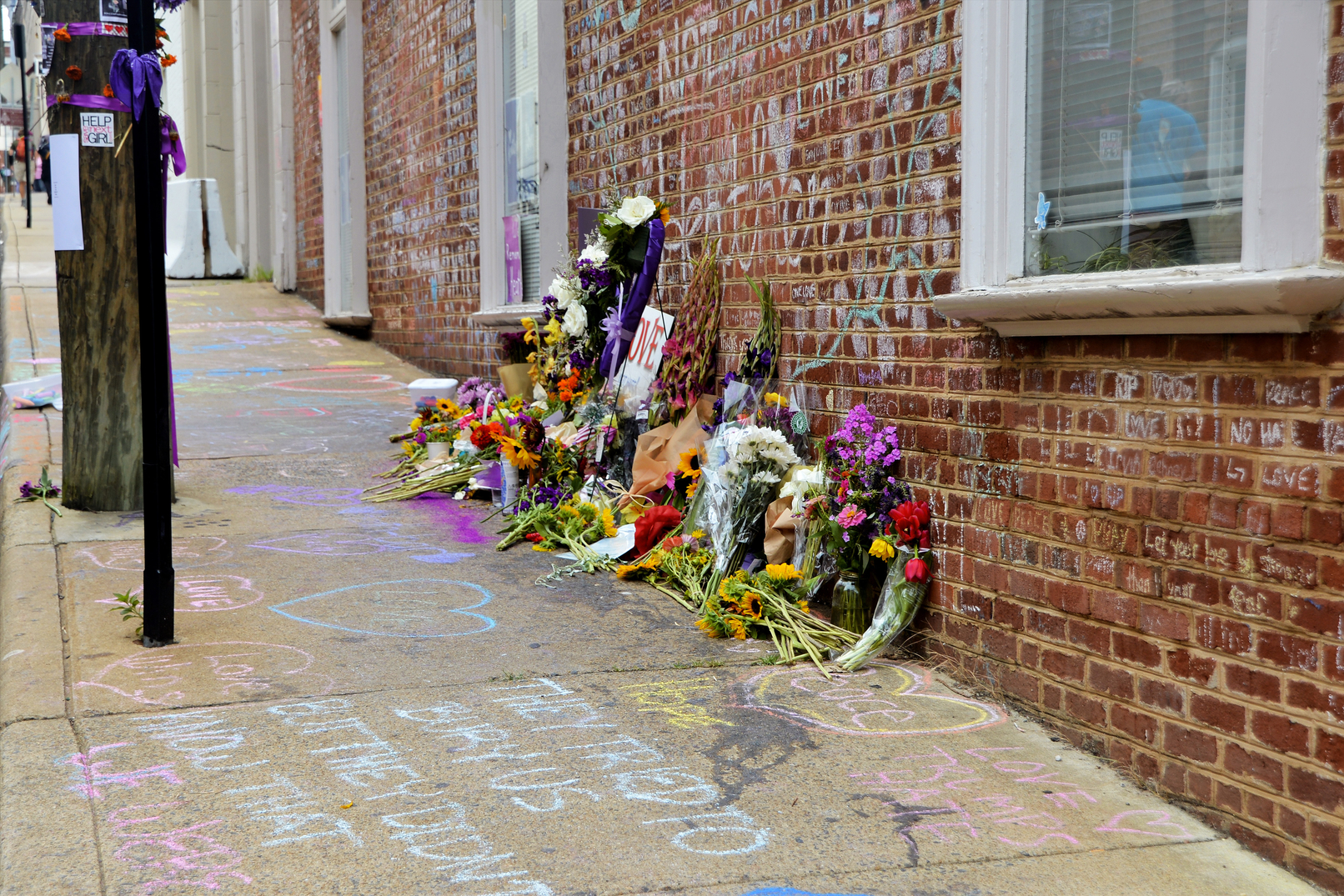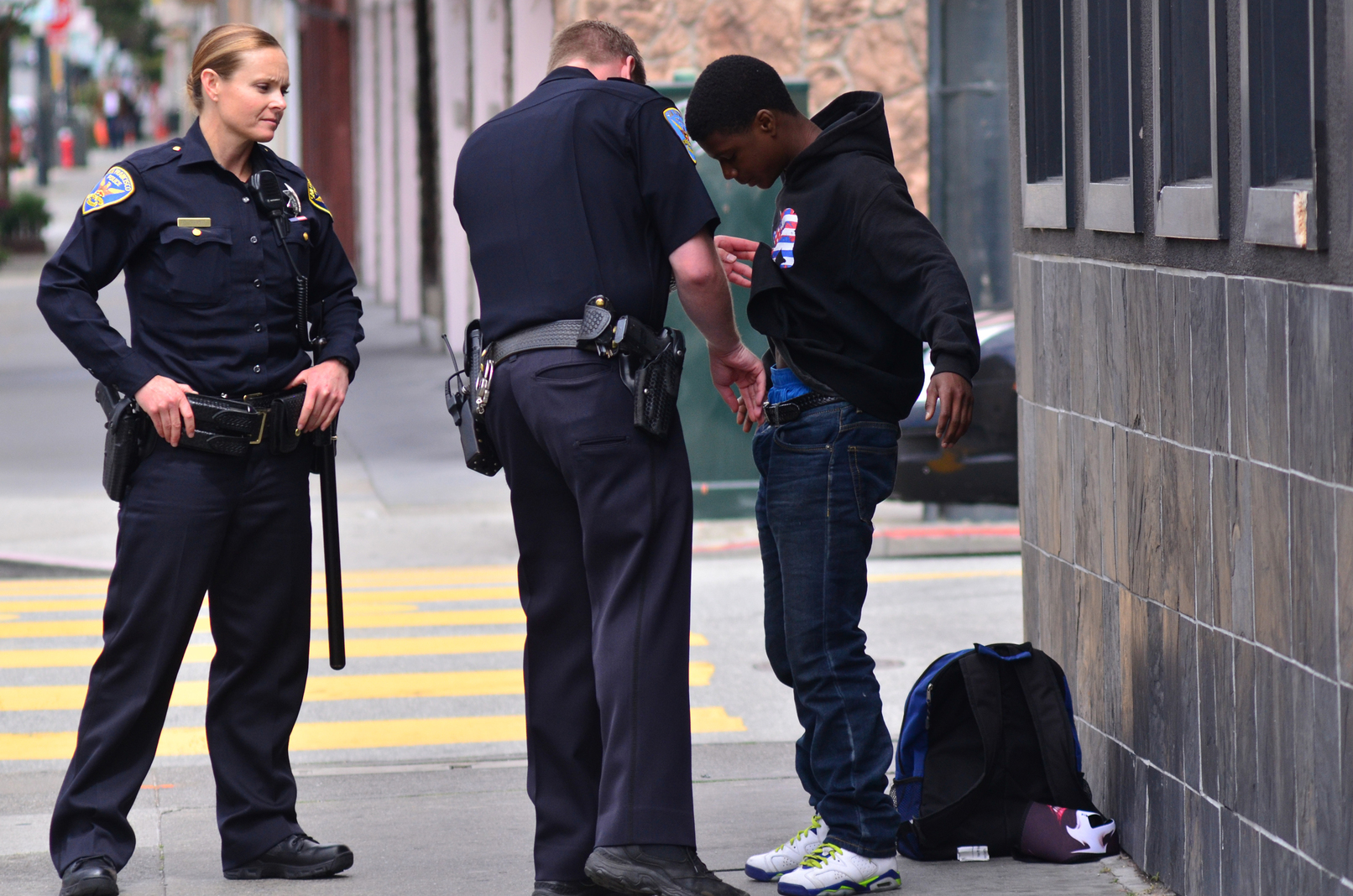Seven transgender women who are inmates in Colorado men's state prisons have filed a class action lawsuit against multiple government defendants, alleging that abuse occurring in those prisons violates state anti-discrimination law, and that state prison officials are discriminating against them on the basis of gender identity. The case was filed on behalf of an estimated 170 transgender women, and alleges that they are being held in unsafe conditions which have led to systemic violence, rape, and harassment.
Articles Posted in Civil Rights
Plaintiffs in a lawsuit against the organizers of a 2017 white power rally in Charlottesville, Virginia are seeking to invoke a Civil War-era statute in utilizing the defendants' online statements to prove that they engaged in an illegal conspiracy to commit racially motivated violence. Defendants insist that their actions are protected by the First Amendment, though the judge in this case has declined to dismiss the plaintiffs' complaint on free speech grounds. The outcome of this case will likely be a strong indicator of whether and to what extent the statute at issue can be relied upon to curb online hate speech and its consequences.
Detroit police plan to use facial recognition technology to help investigate allegations of home invasions and certain violent crimes, despite concerns over accuracy and fairness.
On Friday, August 30, 2019, the United States Court of Appeals for the Eighth Circuit rejected lawyer Arnold Fleck's challenge to the State Bar Association of North Dakota's collection of mandatory bar association dues. Fleck v. Wetch, No. 16-4564 (8th Cir. 2019), was remanded to the Eighth Circuit from the United States Supreme Court in light of the Supreme Court's June 2018 ruling in Janus v. American Federation of State, County, and Municipal Employees, 585 U.S. ___ (2018), holding that public-sector unions may not collect mandatory fees from nonmember employees unless the employees waive their First Amendment rights.
On Friday, August 16, 2019, Judge Brian C. Wimes of the U.S. District Court for the Western District of Missouri ruled that Mike Campbell was deprived of his constitutional right to free speech when Missouri Representative Cheri Toalson Reisch blocked Campbell from her Twitter page after Campbell retweeted a comment criticizing Reisch's political views. Judge Wimes granted Campbell's request for declaratory and injunctive relief against Reisch under 42 U.S.C. § 1983.
On Monday, August 1, 2019, the United States Court of Appeals for the Eighth Circuit held that KWP, a seven year old boy attending the Kansas City Public Schools system, did not have his constitutional rights violated by Officer Brandon Craddock or the school's principal, Anne Wallace, when KWP was handcuffed for twenty minutes by the officer on school grounds. The Court further ruled that both the officer and principal met the requirements for qualified immunity on KWP's claims of unreasonable seizure and excessive force in violation of the Fourth and Fourteenth Amendments, brought under 42 U.S.C. § 1983.
On Tuesday, July 9, 2019, the United States Court of Appeals for the Second Circuit held that President Donald J. Trump engaged in unconstitutional viewpoint discrimination, in violation of the First Amendment, by blocking certain users' access to his Twitter account based on those users' speech on Twitter. The Knight First Amendment Institute at Columbia University sued the President on behalf of seven Twitter users who were blocked from the President's Twitter account after said users tweeted replies to the President critical of his personality and policies. Judge Barrington D. Parker concluded "that the First Amendment does not permit a public official who utilizes a social media account for all manner of official purposes to exclude persons from an otherwise-open online dialogue because they expressed views with which the official disagrees."
On Monday, June 24, 2019, the United States Supreme Court issued a decision in Iancu v. Brunetti, 588 U.S. ___ (2019), holding that the Lanham Act's bar on registration of immoral or scandalous trademarks violates the First Amendment. At issue in the case is the trademark FUCT, pronounced as four letters, which is the clothing brand founded by Erik Brunetti. Justice Elena Kagan, writing for the majority, wrote that the Lanham Act's bar on immoral or scandalous trademarks is viewpoint-based discrimination in violation of the First Amendment.
On Wednesday, June 5, 2019, the United States Court of Appeals for the Ninth Circuit held that Washington State police officers lacked reasonable suspicion to arrest Daniel Brown after the police received an anonymous report of a black man possessing a gun in Washington, a concealed-carry state. After the police received the anonymous report, the police saw Brown, activated their police lights, and then pursued him going the opposite direction down a one-way street. Brown ran for about a block before being arrested at gunpoint. Police found a gun in Brown's waistband, prompting a further search finding drugs and cash. The Ninth Circuit found that the officers lacked reasonable suspicion of criminal activity when they stopped and frisked Brown and, thus, granted Brown's motion to suppress the evidence of drugs and cash.
The ruling stemmed from the arrest of a man who had yelled "f--- you" out of his car window at an Arkansas state trooper.










